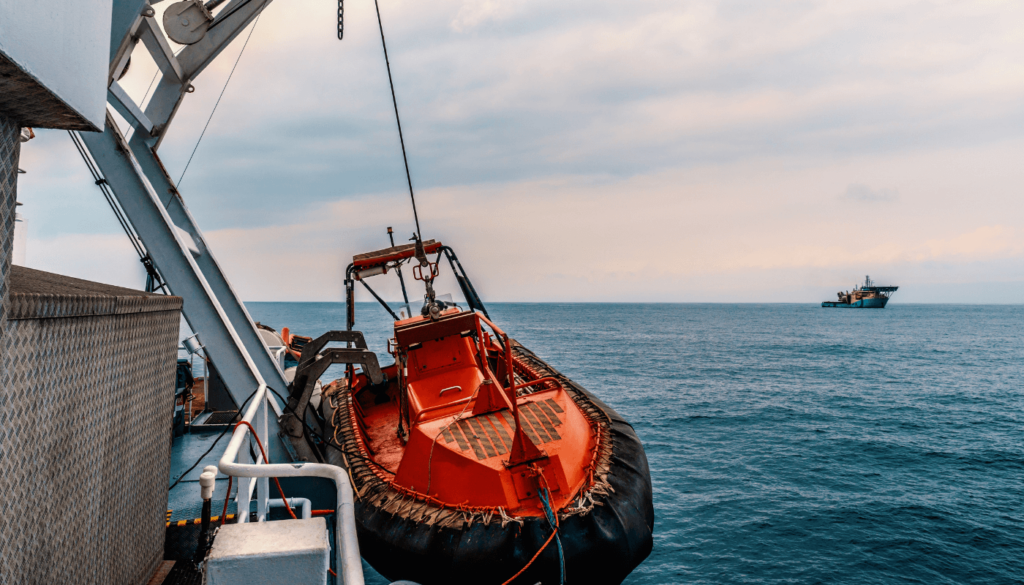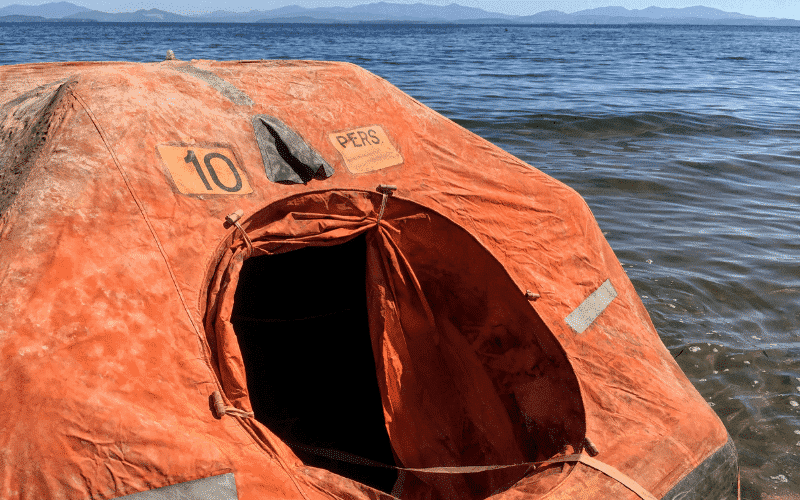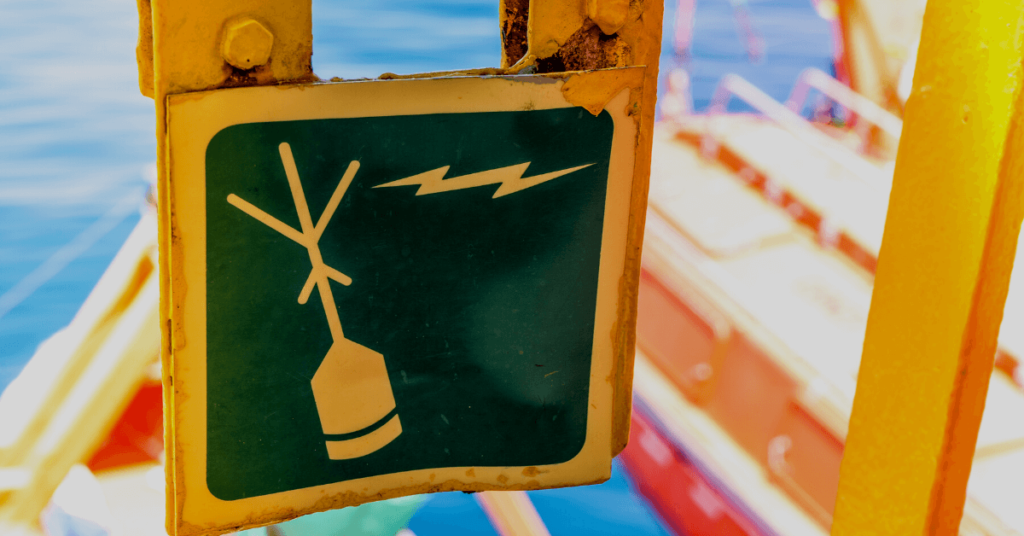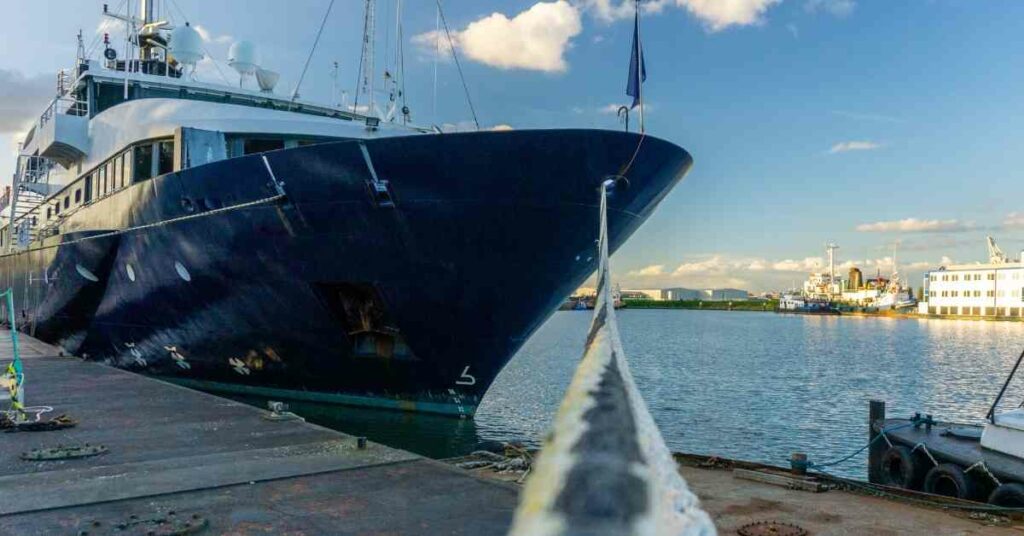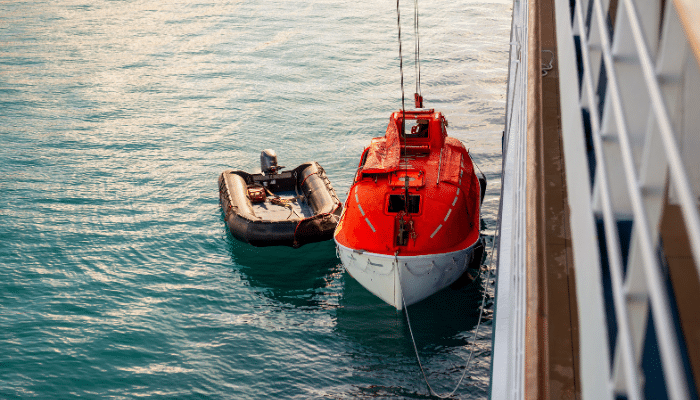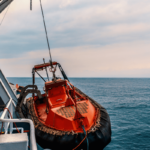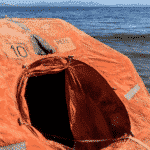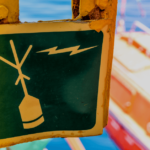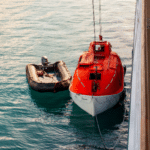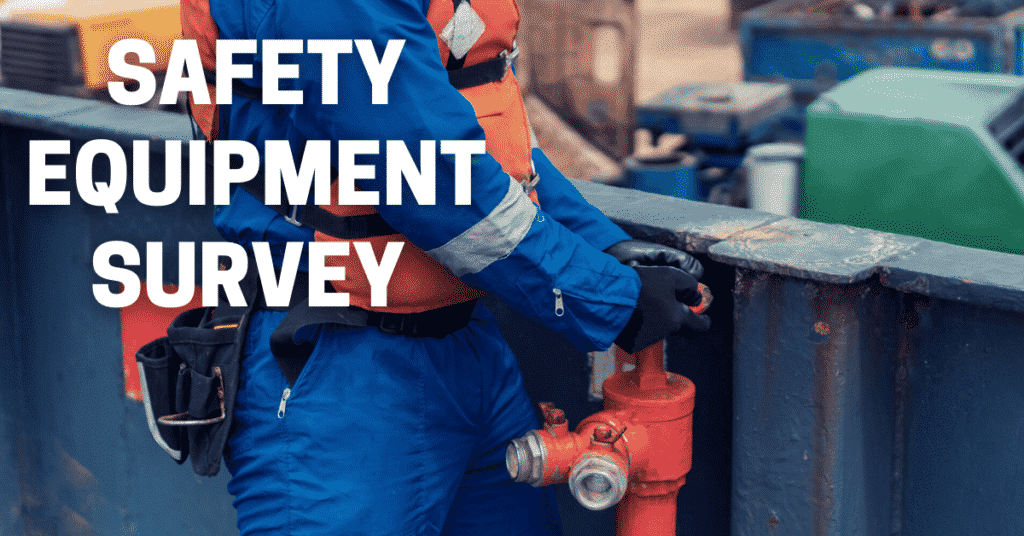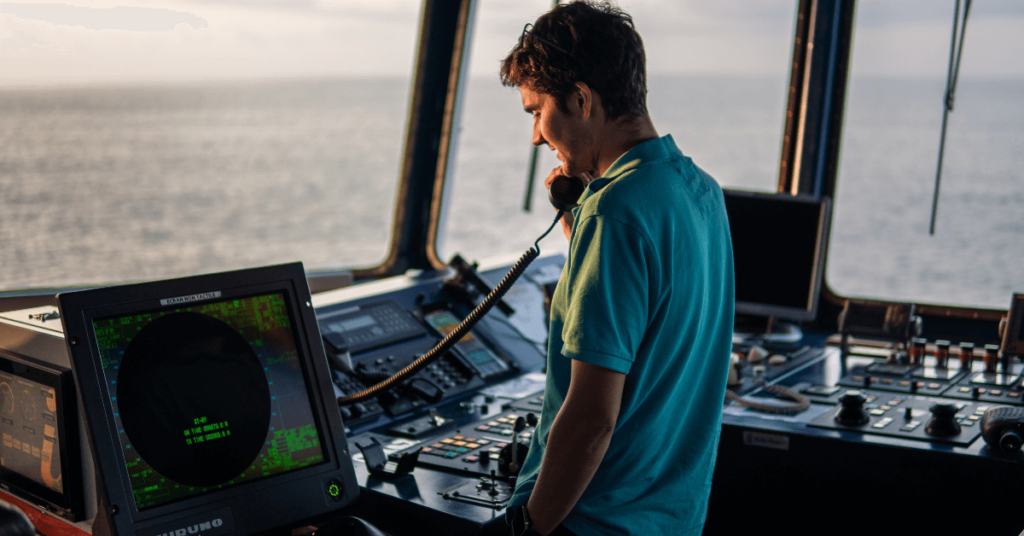Survival at Sea: How to Deal with Health Problems on a Survival Craft?
Surviving at sea pushes the human body to its limits. In the anticipation of getting rescued, survivors have to go through near fatal challenges. From sighting land and withstanding harsh sea conditions, to being psychologically ill and physically weak, one has to really work hard to stay alive, until rescued!
Health related problems at sea such as sea sickness, salt water sores, hypothermia, constipation, dehydration and sunburn, to name a few, can become fatal if left untreated.
It’s a sinking feeling and hard to get away with, especially only when a small craft is your saviour. Survival at sea is critical and adapting to the living conditions by all means, is essential.
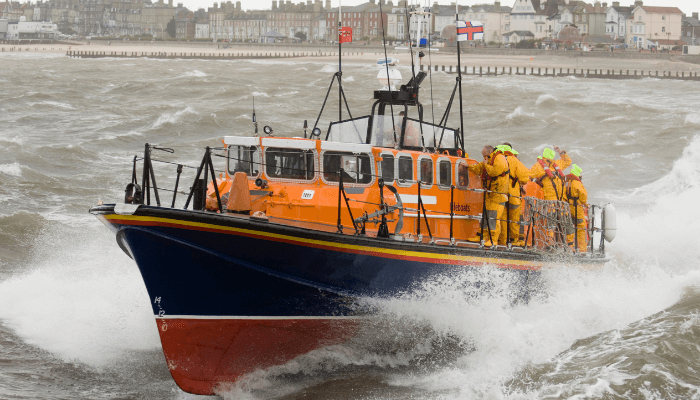
Let’s take a look at what measures can be taken to treat a health issue when in survival mode at sea.
Most commonly known health issue caused by unusual movements of the raft leading to –
- Nausea and Vomiting
- Fluid loss, exhaustion and dehydration
- Unclean surroundings
- Unwillingness to survive
Treating seasickness can be hard on the person giving the treatment. Survivors can get easily influenced by the ill and become victims themselves. So to treat a seasick patient –
- Ensure that the sight and odour of vomit are removed from the raft
- Make the patient lie down and rest
- Restrict food and water to minimum
- Give the patient anti-seasickness tablets
- Make the patient focus to a far away point on the horizon to help overcome seasickness
- Using sea-sickness bands if available
Hypothermia / Cold water survival
Wind-chill is a severe hazard to the survivors in cold regions. When wind or moving air in colder climates comes in contact with the exposed skin, a wind-chill effect is created. Combining the wind speed and air temperature in the area an equivalent temperature is considered as the one for the wind-chill effect.
As a matter of fact, pitting human bodies against the cold weather conditions is considered as among the most difficult survival situations. Such blizzard conditions can be encountered even on a clear sunny day. Cold weakens the senses to think and adapt quickly as it abates the will to survive. By keeping oneself in dry and warm outfitting, avoiding contact with cold water protected oneself from the wind-chill and maintaining the core body temperature warm enough, are a few measures to fight hypothermic and cold weather hazards.
Sunburns
Escape sun to prevent sunburns and related problems. Keeping to the shaded areas, by covering the skin and head, avoiding glare from the sea and by using creams from the first aid kit can prevent problems associated with the harsh sunlight.
Saltwater sores
When broken skin is over-exposed to the salty water, sores may form. By leaving them as they are, washing them with fresh water (as available) and by applying antiseptic cream, one can prevent further build up of saltwater sores.
Eye contamination
Contaminants in the eye are a serious affair. Dust, smoke and other particles have to be flushed out immediately with fresh water. Apply eye ointment and bandage them as necessary. Avoid from water reflections and if available, wear sunglasses.
Constipation and dehydration
They are among the common problems with sea survival. Although to treat constipation, ingesting water is advised, avoiding loss of water from the body is also of primary concern aboard the raft, where water available for ingestion is limited, so act wisely! Never drink seawater.
This is not an exhaustive list. There are several other factors which can make survival at sea extremely difficult even for the most experienced seaman. Using resources wisely and acting calmly can contribute a lot towards saving lives at the sea.
Do you have info to share with us ? Suggest a correction
Latest Ship Safety Articles You Would Like:

About Author
Bikram Pal Singh is a professional mariner and blogger. He has sailed extensively, serving on various Oil tankers and Offshore Vessels. He enjoys reading and compiling notes about critical shipboard operations and crew psychology.
Subscribe To Our Newsletters
By subscribing, you agree to our Privacy Policy and may receive occasional deal communications; you can unsubscribe anytime.



